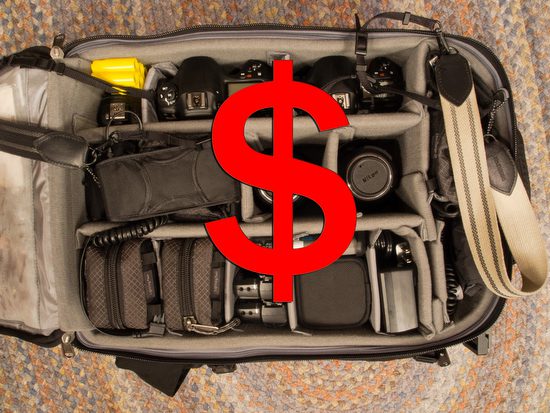 |
| Nikon P7000, Auto ISO (100), ƒ/8, 1/30, -2 EV Fill Flash |
Good morning! This is how we typically great one another. For those who are morning folks like me it is good, some people are not morning people.
A tidbit:
I learned the choice to be a morning person or not is genetic. The ability of a person to wake up effectively in the morning may be influenced by a gene called “Period 3”. This gene comes in two forms, a “short” and a “long” variant. It seems to affect the person’s preference for mornings or evenings. People who carry the long variant were over-represented as morning people, while the ones carrying the short variant were evening preference people.
Each day for me is a new opportunity or a fresh start. While yesterday may have been quite fruitful I always see places for improvement. I look forward each day to the opportunity to have a better day.
If you have made mistakes, there is always another chance for you. You may have a fresh start any moment you choose, for this thing we call ‘failure’ is not the falling down, but the staying down.–Mary Pickford
I didn’t speak until I was three years old. Later I would work with a speech pathologist to develop my pronunciation of speech.
After some testing they discovered I was quite bright in certain subjects, but my social interaction and communication skills were not on my age level. While I wasn’t formally diagnosed with autism at the time I would later discover I was. When I did my internship for Social Work I was placed in a clinic where they had done my testing earlier. I was able to sit down with the psychologist that tested me years earlier.
Try to think of non-verbal communication, such as, inflections of the voice, a half smile, tired eyes, posture, fidgeting hands. These are things that we pick up on instinctively that are not taught.
The irony in all of this lack of picking up on non-verbal skills of communication is that I became a professional photographer. I believe all my years working to understand body language and subtle visual cues that famous photojournalists like Eugene Smith had captured in photographs was what was helping me overcome my aspergers (form of autism).
One of the techniques I have learned to use when meeting people is to engage with them on whatever I can find as a common ground. Sometimes it is as simple as asking did they see the baseball game last night or how did the thunderstorms last night affect their neighborhood.
Many times I just like to get people talking about themselves. I get to learn something new and in the process they begin to relax.
Navigating social situations is difficult for me. I often mess up and find myself having to apologize. My studies have introduced me to the cardinal virtues that I find helpful in navigating social appropriate behavior.
Cardinal Virtues
The cardinal virtues are a set of four virtues recognized in the writings of Classical Antiquity and in Christian tradition. These consist of:
- Prudence – able to judge between actions with regard to appropriate actions at a given time
- Justice – proper moderation between self-interest and the rights and needs of others
- Temperance or Restraint – practicing self-control, abstention, and moderation
- Fortitude or Courage – forbearance, endurance, and ability to confront fear and uncertainty, or intimidation
I often will find myself failing somewhere during the day in some relationship.
One of my favorite hymns from my Christian tradition is Just as I am. It was made popular by Billy Graham during his crusades around the globe. To me the third verse was one I could relate to all the time, because I continued to struggle in my social interactions.
Just as I am, though tossed about
With many a conflict, many a doubt,
Fightings and fears within, without,
O Lamb of God, I come, I come.
Just living life will make new days welcoming. You have a new opportunity ahead with each new day and keep the cardinal virtues in mind as you live each day.


